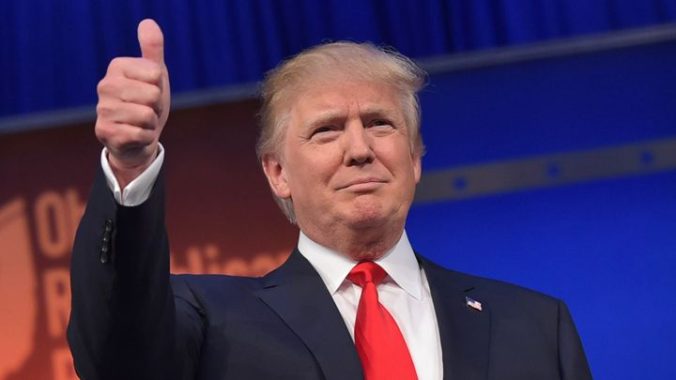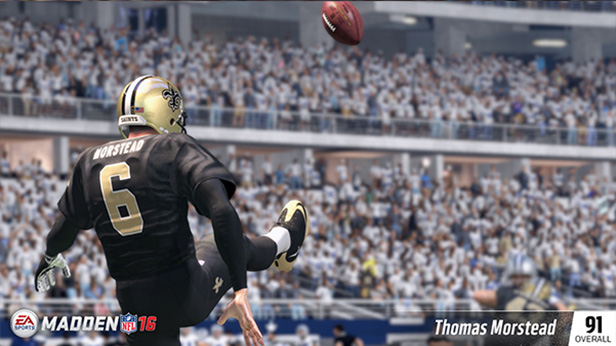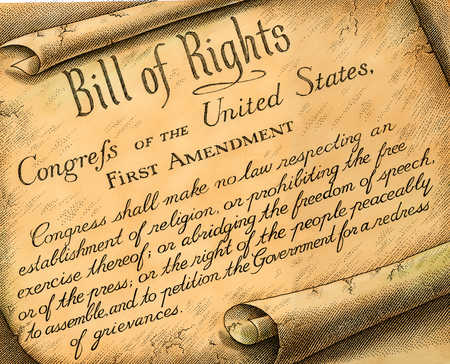Can musicians and artists legally demand that politicians not use their works?
Recently, the Rolling Stones sent a notice to Donald Trump demanding that he cease using their songs at his campaign events across the country. This is not the first time an artist has objected to a politician using certain songs or related works in conjunction with a political campaign. It is practically a rite of passage for a high-profile politician to anger a musician with a particular choice of campaign theme song. This is an American trend that dates back at least to the early 1980s, when Bruce Springsteen upbraided President Ronald Reagan for using “Born in the U.S.A.” as part of his re-election efforts.[1]
Of course, the Rolling Stones are not an American band. Plus, by now we all know that Donald Trump is not exactly the type of person to back down to what may be a toothless demand. Trump might all too willing to cite 250 years of American history by telling the Rolling Stones to take their demand and shove it. He thrives on this type of attention after all. But that is not the question. The real question is this:
Can Donald Trump (or most any politician) use any song they want for a campaign without obtaining the musician’s permission?
Continue reading



Recent Comments